Behind the lifeless façade
The rooms are haunted
By our past presence
Of our lives a ghost dance
Villa Vide, Orson Wald’s elusive coldwave venture, emerges from the twilight mist with the enigmatic album, La disparition. Although the whispers of Villa Vide have lingered through shadowed corridors for years, it was only in 2022, with the spectral debut single Escape, that Wald unveiled his voice, haunted and vulnerable, to the world.
A figure steeped in the evanescent allure of smoke-filled stages, Wald first appeared behind dense plumes that erased band members into silhouettes of forgotten dreams. Now, his music channels this fleeting spirit, resonating through empty architecture, desolate hearts, and the poisoned bonds of fraught connections. Themes of anger, abandonment, and existential dread drift through his lyrical passages like ghosts through barren halls.
Steadfastly anchored by a distinct artistic vision, Villa Vide’s music traverses a spectrum of darkly tinged influences. From the ephemeral beauty of etherealwave to the stark violence of industrial-tinged EBM, Wald masterfully balances electric turbulence with minimalist elegance. Synthesizers pulse alongside guitars, each blending seamlessly into richly layered atmospheres. Moments of stark vulnerability appear through stark piano interludes, quiet yet brimming with meditative chill. Villa Vide’s newest offering confronts disappearance as profound resonance…an echoing emptiness that speaks louder than any presence ever could.
La disparition orbits the very essence of vanishing: the personal flight from oneself, the dissolving silhouettes of loved ones, hope slipping quietly out the door, and even the fading cityscape itself. Each track echoes with absence, amplifying the void until silence itself becomes a haunting presence. The finale, a solitary piano piece, crystallizes the album’s cold, echoing emptiness, punctuating Wald’s journey with profound solitude.
strong>Terrain Vague ventures through disorienting internal landscapes, its intense piano lines slicing coldly beneath vocals reminiscent of Serge Gainsbourg’s detached poise. This track distills emotional ambiguity into vivid imagery of endless forests, capturing the disquieting sensation of losing oneself in perpetual twilight. A Departure drapes itself in ghostly echoes, the languorous vocals of Lebanon Hanover’s William Maybelline drifting dreamily over a relentless, pulsating EBM rhythm. It conjures rain-slicked streets and hollow rooms, each note accentuating a delicate dance between frantic urgency and profound emptiness.
Urgency propels Escape, a nocturnal odyssey through the ruins of a toxic romance. Here, poetic vocal lines soar atop aggressively kinetic synth pulses, vividly depicting flight from destructive emotional flames toward an uncertain liberation, tinged with a perilous thrill. September Air glides softly into a space steeped in sensory nostalgia: amber and apples blending effortlessly with sludgy, darkwave basslines and ethereal vocals that drift spectral and hypnotic. It navigates between wistful warmth and uneasy apprehension, a bittersweet meditation suspended in autumnal haze.
In Whenever You Go, anxiety surges beneath ghostly vocal repetitions, driven forward by a relentless motorik beat and icy coldwave synths. The song elegantly balances emotional fragility and persistent dread, mirroring the precarious uncertainty inherent in every departure. I Disappear In The Garden offers a brief yet impactful moment of cabaret-infused introspection, melancholic piano melodies swirling dramatically, providing a reflective interlude steeped in delicate emotional grandeur.
Haulover Road drifts through realms of surreal mystique, merging eerie guitar reverberations with atonal, deep vocals and a shadowy coldwave rhythm. Its fantastical imagery blurs the line between reality and imagination, manifesting as a dreamlike voyage saturated with mystery and wonder. With Distant Zone, a Lynchian ambiance emerges through slow, blues-tinged beats reminiscent of early Cocteau Twins. Imagery of serene solitude intertwines with whispers of natural intimacy, creating a contemplative haven far from societal pressures.
Ville Vide plunges into an urban void cloaked in chilling synth pads akin to Gregorian chants echoing in Depeche Mode’s sacred spaces. Stark emptiness reverberates hauntingly, capturing the unsettling beauty of deserted plazas and mythical, glass-encased ruins, leaving listeners suspended within its bleak, majestic stillness.
Le Revisseur channels love as emotional captivity, entrancing listeners with seductive imagery and velvet-eyed allure. It evokes Stockholm syndrome’s intoxicating embrace, weaving passion into submissive dependence, while its entrancing rhythms heighten the spellbinding tension. L’Adversaire illuminates emotional encounters through striking color metaphors—clear, dark, and vividly green eyes that embody unreachable yearning. Mirrors and transparency enhance themes of elusive intimacy and emotional emptiness, presenting desire as simultaneously palpable and intangible.
Closing the album, Dusk Amplifier offers a minimalist piano interlude, eerie and atmospheric. Echoes of distant animal screeches evoke the enigmatic stillness of twilight forests, enveloping listeners in a final haunting meditation.
Villa Vide’s album masterfully guides us through intricate emotional corridors, each track an intriguing reflection of isolation, longing, and the compelling allure of existential exploration.
Before Villa Vide, Orson Wald took the stage with the Parisian cold shoegaze/noise outfit Vortex, recording industrial ambient demos alongside their frontman Nico Guerrero, a collaborator with whom he continues to perform live. Wald has also lent his talents to the Italian darkwave ensemble Les Jumeaux Discordants and contributed to the industrial-gothic-darkwave project NG/Northgate.
Follow Villa Vide:



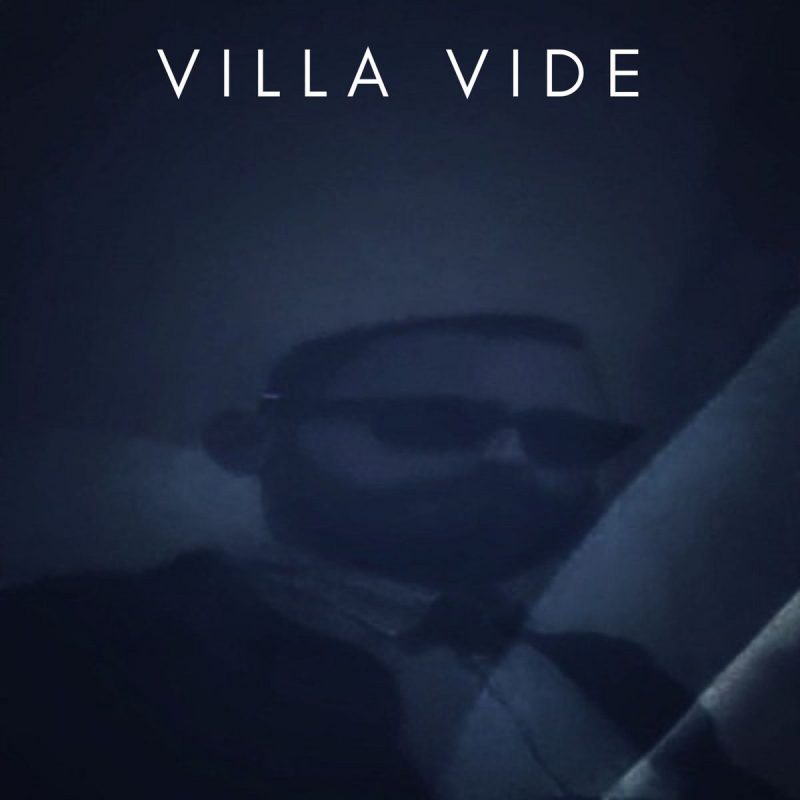
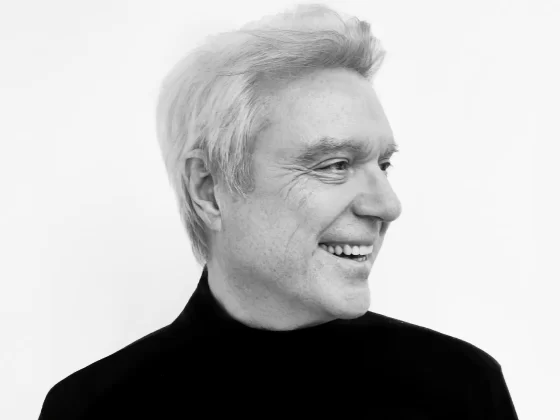


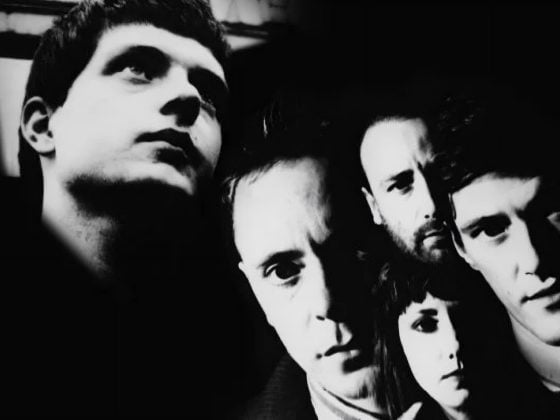


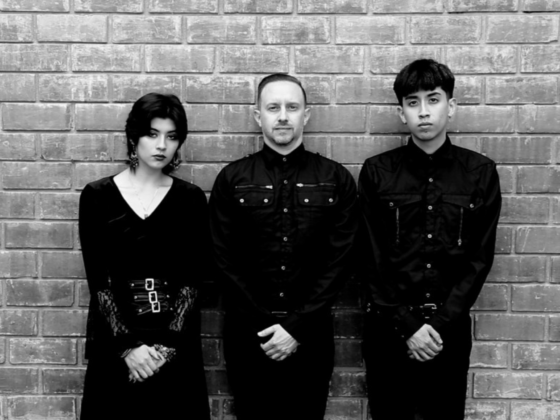
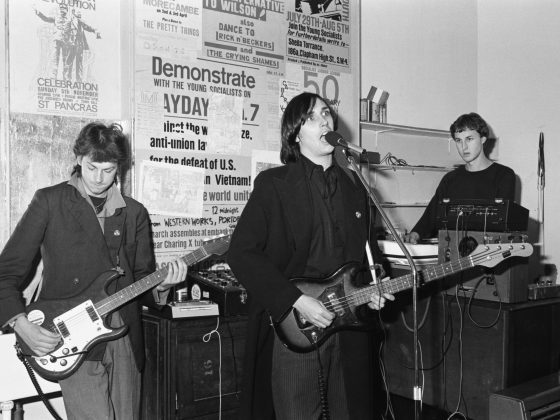




 Or via:
Or via: